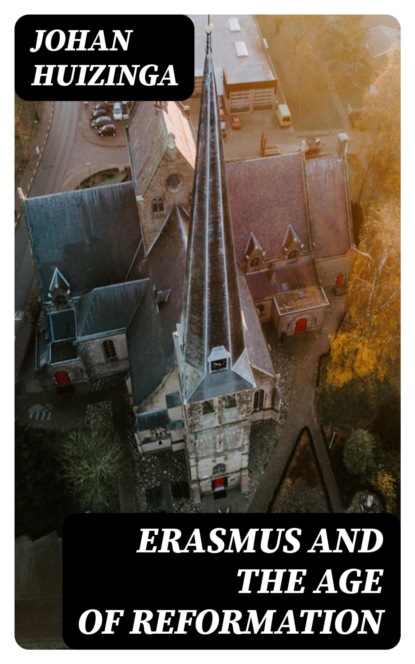Sayfa sayısı 360 sayfa
0+
Kitap hakkında
In «Erasmus and the Age of Reformation,» Johan Huizinga provides an astute analysis of the intellectual landscape during one of history's pivotal epochs. Huizinga masterfully intertwines historical narrative with a deep literary analysis, offering insights into the life and works of Desiderius Erasmus, a central figure in Renaissance humanism. The book is characterized by a rich, reflective prose that captures the era's complexities while contextualizing Erasmus' contributions vis-à-vis the burgeoning Reformation. Huizinga situates Erasmus not merely as a precursor to Protestant thought but as a nuanced thinker grappling with the tensions of faith, humanism, and societal change, demonstrating how the scholar navigated an age rife with both enlightenment and turmoil. Johan Huizinga, a prominent Dutch historian, is renowned for his interdisciplinary approach that merges history, culture, and philosophy. His extensive studies in the humanities and his fascination with cultural phenomena deeply informed his writings. Having lived through the tumult of both World Wars, Huizinga was particularly attuned to the shifts in human thought and behavior, prompting him to explore the influence of intellectual figures like Erasmus on modernity and subsequent societal changes. This book is highly recommended for anyone interested in the intersections of religion, philosophy, and history, particularly those wishing to understand the undercurrents that shaped early modern Europe. Huizinga's compelling narrative not only illuminates Erasmus' legacy but also encourages readers to reflect on the broader ideals of humanism amid a rapidly changing world.
